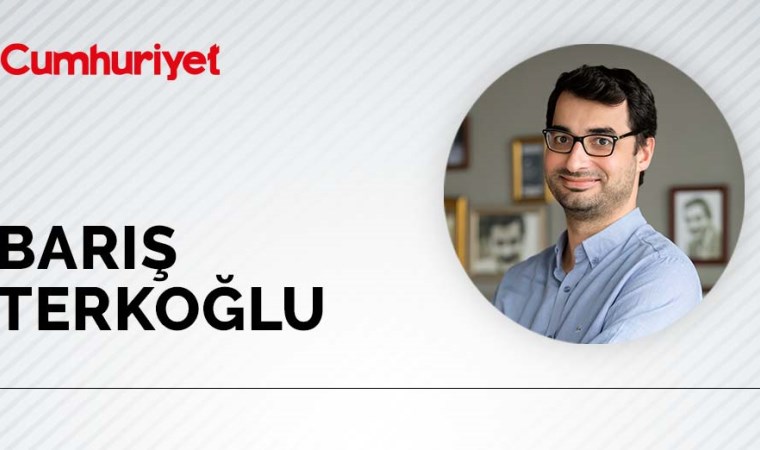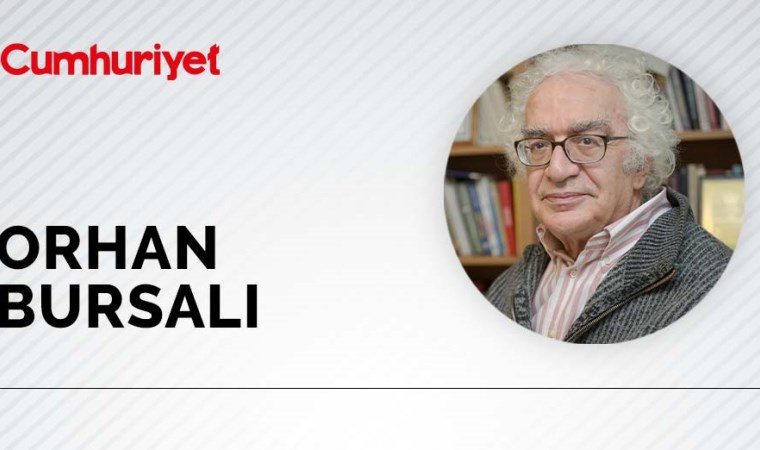Turkey and the USA: a contested divorce
By Kadri Gürsel

Turkey and the USA were two of the allies in the Cold War. Defined shared interests were involved between them.
Turkey at that time was part of the Western system. Hence, it was even possible to speak of the existence of certain shared values between the two countries.
The Cold War of forty years’ duration ended at the start of the nineties with the Western Alliance’s victory over the Soviet Union. With the end nearing of the third decade since the Cold War, we can now make the following pronouncement about Turkish-American relations in a manner that verges on certainty:
Turkish-American relations have not managed to keep step with the disorder coming in the aftermath of the Cold War and the footing on which the relations rest has defied updating.
It was not essential for post-Cold War bilateral relations to be defined on the basis of a new strategic partnership. However, they had to be placed within an order framed by certain principles.
I will try to explain it in the simplest way possible:
What happens if no shared interest remains between two allies in the Cold War?
A clash emerges between the differentiating and even opposing interests.
What happens if no shared values remain between two allies in the Cold War?
A clash of values may be experienced.
For relations to be dragged from a state of alliance onto the plane of conflict is a failure.
And, in particular, this is a greater failure for Ankara.
Make a mutual comparison of the scope of the two former allies’ economic, military, diplomatic and institutional capacities. And also compare the manner and degree to which both actors were able to influence one another at the time. An exceptionally asymmetrical picture emerges before you.
The moment partnership gives way to conflict, the weaker party must play the game against the stronger with greater sensitivity, intelligence and foresight. Or should have done.
Did it have its own innate economic and military immunity against the USA? Was it possible to develop balancing, alternative alliances with other actors in the region? Today’s Turkey should have been capable of responding in the affirmative to all these questions before flexing its fists.
You see, all the news of crisis that is nowadays to a greater or lesser extent reported by the entire Turkish media amount to the reverberations as the former relationship of alliance comes crashing apart.
The cause of the great tension is the Zarrab affair...
The ability, despite everything, of Fethullah Gülen to live in comfort in the USA...
The detained American consular officials...
The mutual visa bans...
The arming by the US of the PYD...
The acquisition of S-400s from Russia...
And news that fines in the millions of dollars are to be imposed on certain Turkish banks.
These reverberations are just symptoms of the ongoing deep crisis in bilateral relations. Hence, should some of these symptoms disappear, it should not be surmised just from glancing at this that relations have finally been placed on a sound and sustainable footing.
Actually, lying at the crux of Turkey’s issue with the USA is the failure for relations to be redefined on a sound basis and by this means to prevent conflict.
This business will entail establishing shared interests together with values that will transport these into the long term.
As to achieving this - this does not appear possible under today’s conditions.
The number one reason is that the security priorities that made the two countries mutually dependent over the Cold War years have now become sharply disentangled.
It is a long story and the background is complex, but by way of a sufficiently striking example of the change, we find ourselves face to face with a USA, which in 1999 delivered the PKK leader to Turkey, that starting in 2014 has well and truly armed and trained the PKK’s extension in Syria, the PYD.
Today, when it comes to Iran, Syria, Russia and the Gulf region, Turkey’s and the USA’s interests are at odds and in conflict to varying degrees.
There is also a psychological dimension to the dispute. The perception of ruling circles in Ankara that the USA was behind the 15 July coup attempt and the USA’s realisation that this perception in Ankara will never change is a factor that fundamentally undermines trust and is poisoning relations interminably.
It is impossible as things stand for the two former allies to feel trust in one another. This also prevents relations from being put straight and deepens the conflict.
Moreover, anti-Americanism, constantly stoked up in the country by the Palace and its media, has reached such high levels in society that this situation has in the end given Washington a free hand. The USA did not even take the Turkish people into consideration, which it considers lost in any case, when passing the visa sanction decision.
It is a rule of foreign policy: it is impossible to restore the trust that has been lost in bilateral relationships until the actors who are responsible for the failure are replaced by new ones.

En Çok Okunan Haberler
-
 Rus basını yazdı: Esad ailesini Rusya'da neler bekliyor?
Rus basını yazdı: Esad ailesini Rusya'da neler bekliyor?
-
 Yeni Ortadoğu projesi eşbaşkanı
Yeni Ortadoğu projesi eşbaşkanı
-
 Esad'a ikinci darbe
Esad'a ikinci darbe
-
 İmamoğlu'ndan Erdoğan'a sert çıkış!
İmamoğlu'ndan Erdoğan'a sert çıkış!
-
 ‘Yumurtacı müdire’ soruşturması
‘Yumurtacı müdire’ soruşturması
-
 Çanakkale'de korkutan deprem!
Çanakkale'de korkutan deprem!
-
 Naci Görür'den korkutan uyarı
Naci Görür'den korkutan uyarı
-
 6 asker şehit olmuştu
6 asker şehit olmuştu
-
 Kurum, şişeyi elinin tersiyle fırlattı
Kurum, şişeyi elinin tersiyle fırlattı
-
 ‘Toprak bütünlüğü’ masalı ve Suriye: İmkânsız bir ülke
‘Toprak bütünlüğü’ masalı ve Suriye: İmkânsız bir ülke